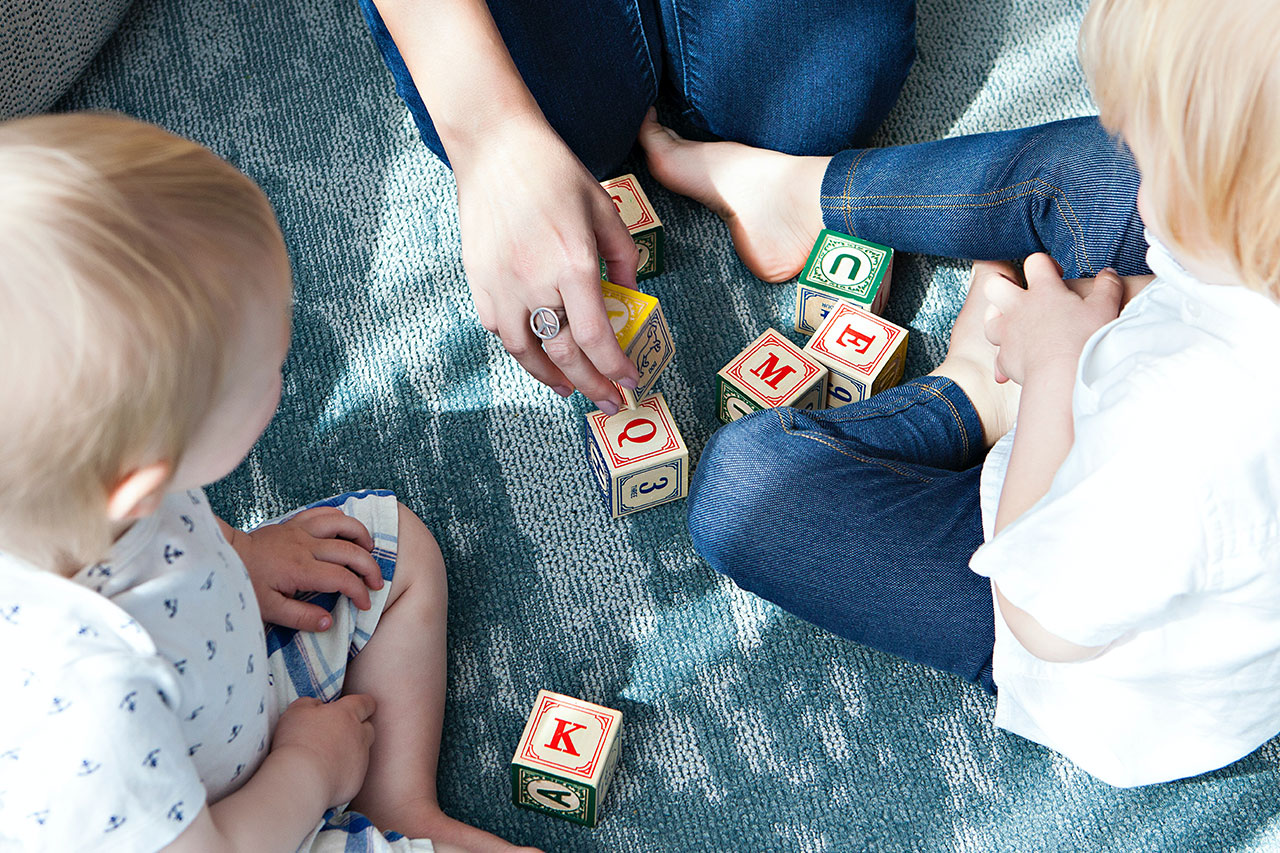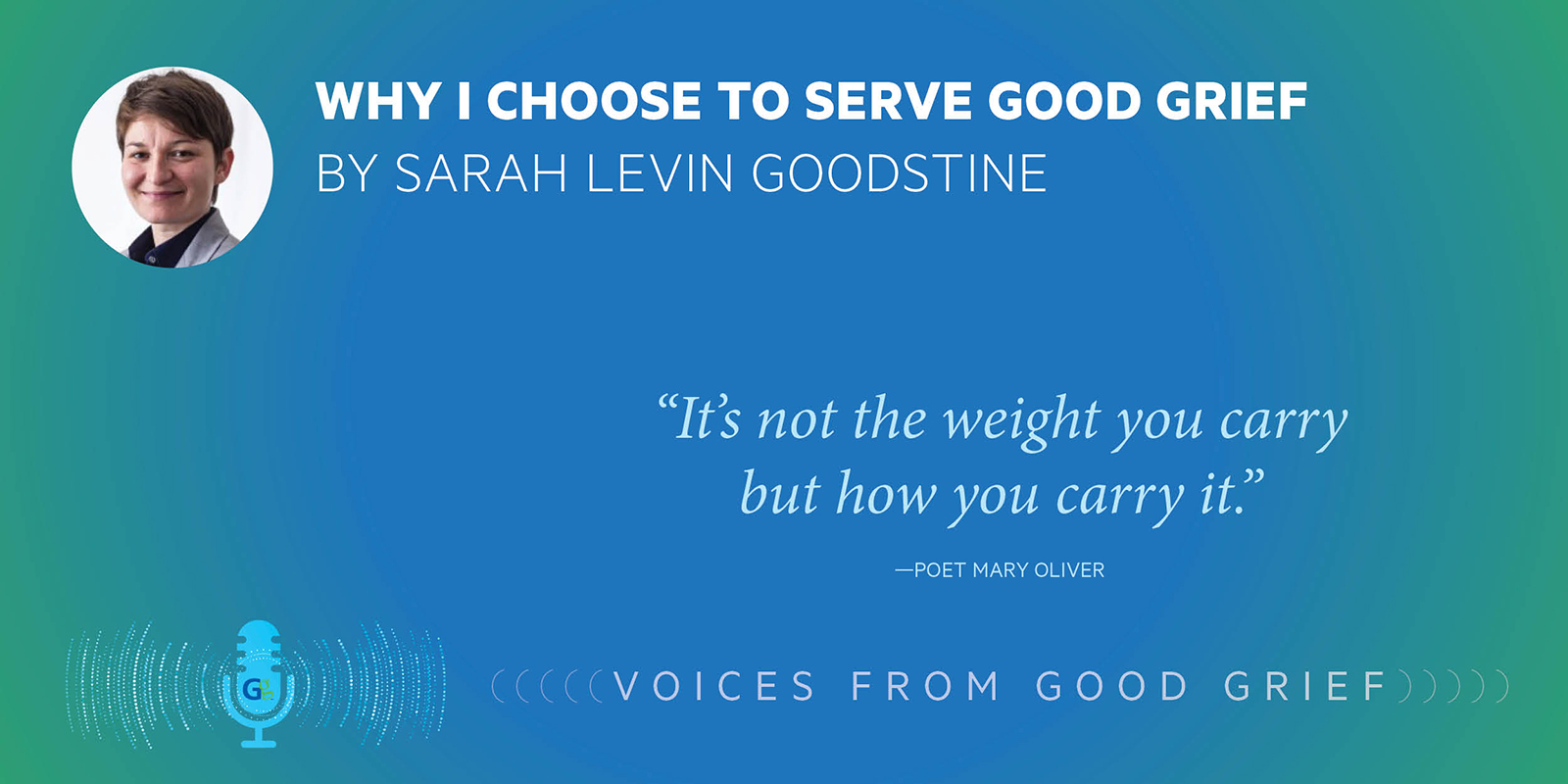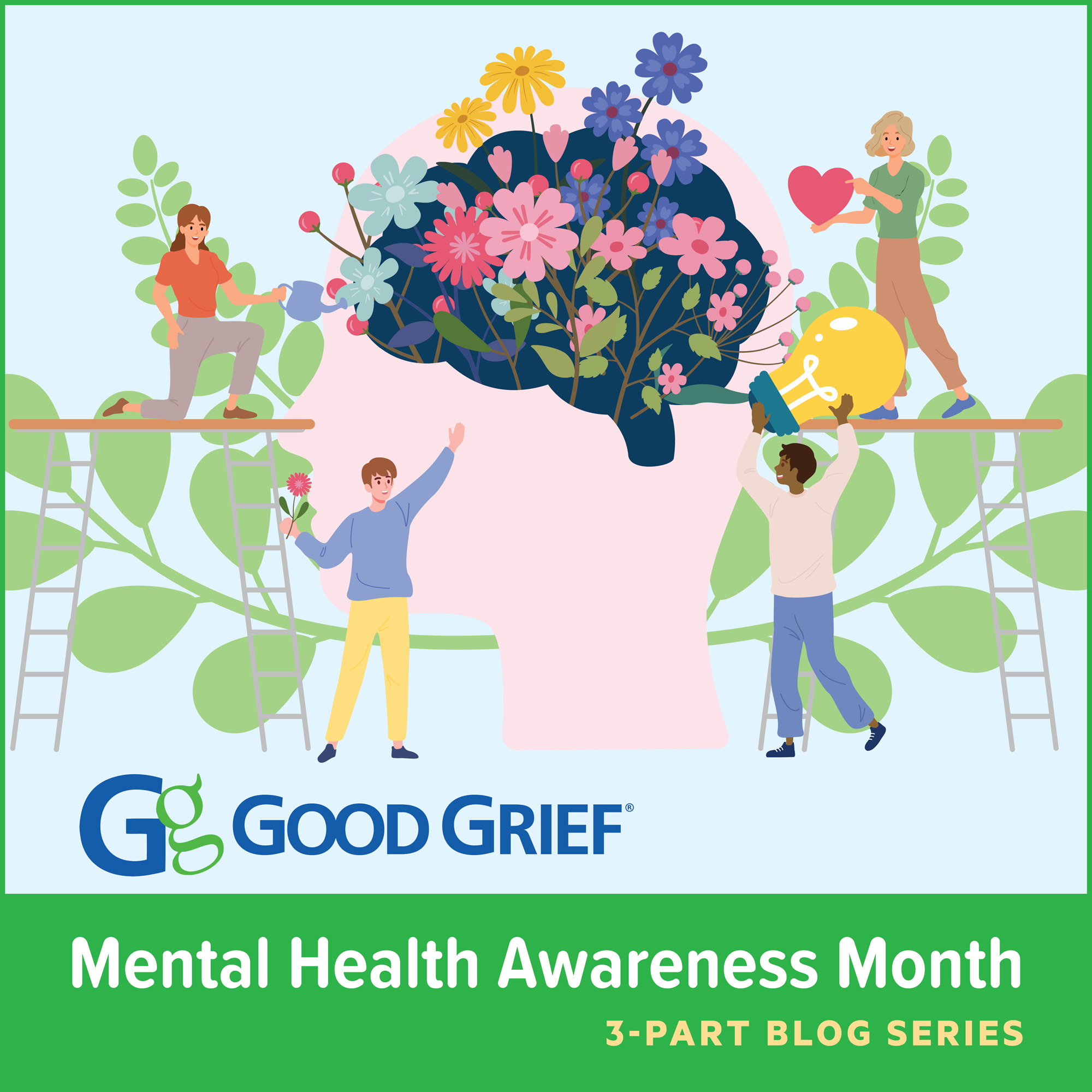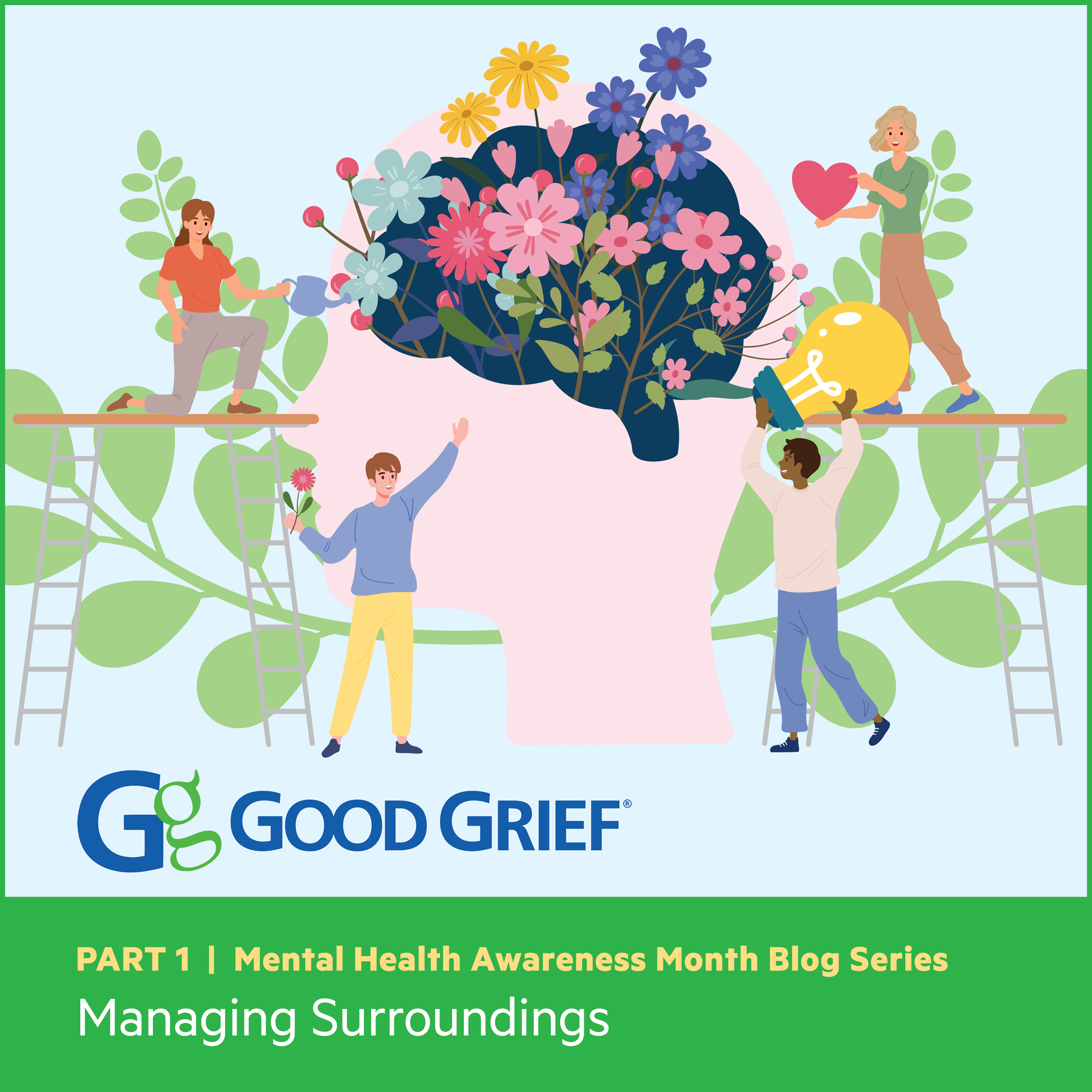
Developing Emotional Intelligence in Children (5 Tips)
How to Develop Self-Awareness & Emotional Intelligence in Children
Have you ever heard of emotional intelligence or EQ? EQ is the ability in people to observe feelings and to evaluate, control and express emotions in an effective and positive way. An individual with high EQ is able to communicate better, manage their stress, resolve conflicts, improve relationships, empathize with others, and overcome life’s challenges.
Research shows EQ can be taught at an early age and continuously improved as a child grows. It starts with creating self-awareness around a child’s thoughts, feelings, and strategies for expression. Children have a rich inner and emotional life so engaging their emotions helps them develop healthy coping strategies for the future, especially when facing grief, loss, and adversity.
Teaching kids emotional intelligence can help children better manage stress, build strong relationships, empathize with others, and achieve life’s goals.
5 Tips for Teaching Emotional Intelligence to Children
1. Help Children Define Their Feelings
What is a feeling? Feelings are complex because we try to put words to something that we each might perceive differently. Start by asking a child what they believe a feeling is and how they know it is a feeling. With preschoolers, explore basic feeling words such as happy, mad, sad, and scared by asking them how they think characters in a favorite book or TV show may feel. Older children can benefit from learning more complex feeling words such as frustrated, disappointed, and nervous.
2. Explore Different Types of Feelings
Try exercises with your child to help them explore different types of feelings and help them associate their experience with a feeling that might arise. List all the feelings they can think of and their association to the feeling. For example: the feeling of frustration when a child can’t figure out a homework assignment. Ask the child how they know what they are feeling is one feeling and not another, for example, mad or sad. How are those feelings different?
3. Discuss Were You Can Feel Emotions in your Body
Have you noticed that feelings often manifest in the body? This can happen in many ways, from shoulder pains and bellyaches to tears, headaches, and dizziness. Help your child identify where feelings manifest in their bodies so they can recognize those feelings going forward.
Try this activity to help identify feelings in the body:
Finding Emotions in the Body Activity
- Invite your child to outline your body on a large sheet of paper. Alternatively, they can just draw an outline of a human body.
- Ask the child to draw various places where they experience feelings.
- Discuss strategies for healthy coping responses.
4. Unhelpful Ways to Express Grief
Teach your child that there are unhealthy ways to express feelings and that unhealthy actions have consequences. For example, when Timmy hits his little sister, he gets in trouble. This doesn’t help him cope with the anger he may be feeling. The goal is to help Timmy develop healthy coping strategies by identifying the consequences of unhelpful actions (like hitting) and identifying healthy responses like taking a self-timeout. With patience and practice, we can teach our children how to choose healthy responses to strong emotions.
5. Helpful Ways to Express Feelings
Learning healthy ways to cope starts with identifying helpful ways to express feelings. Discuss with your child the feelings they associate with healthy expressions. For example, when feeling sad, a healthy response is to talk to friends, write in a journal or simply take a break. Reinforcing these healthy responses provides children with a strategy they can use when the need arises.
For help navigating loss, grief, and adversity, visit Good Grief’s website to learn more and access additional resources and tips.






